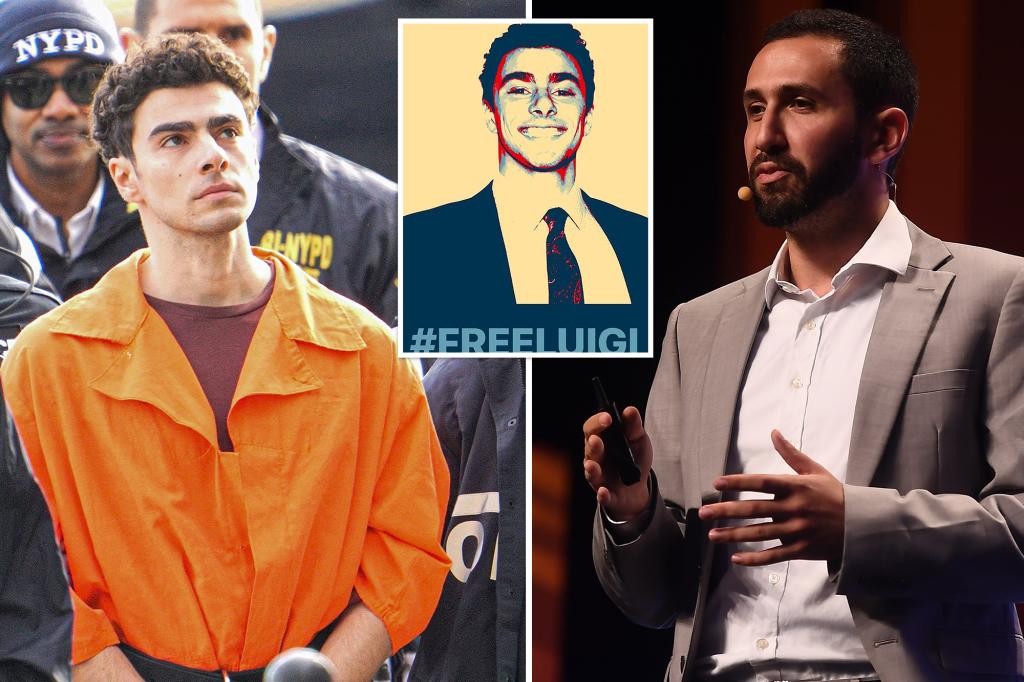The assassination of UnitedHealthcare CEO Brian Thompson sparked a wave of disturbing online reactions, with many social media users expressing support for the accused killer. A deeper analysis of these online sentiments, however, reveals a concerning trend: a significant portion of the profiles promoting these views are inauthentic. Cyabra, a disinformation detection platform, found that at least 11% of the accounts using the hashtag #DenyDefendDepose, found inscribed on the bullets used in the killing, exhibited bot-like behavior or were otherwise suspicious. This suggests a coordinated effort to amplify extremist viewpoints and potentially manipulate public perception of the tragic event. The discovery adds another layer of complexity to an already disturbing incident, raising questions about the role of online manipulation in shaping public discourse surrounding violence.
The prevalence of fake accounts extends beyond the initial reactions to the murder. Following the arrest of the suspect, Luigi Mangione, hashtags like #FreeLuigi and #FreeLuigiMangione proliferated across social media platforms. Cyabra’s analysis revealed that a staggering 18% of the profiles promoting these hashtags were also fake, indicating a sustained campaign to portray the accused killer as a hero or victim. This manipulation is particularly troubling given the violent nature of the crime and the potential for such narratives to incite further acts of violence. The sheer volume of these inauthentic engagements, reaching 138 million views in a single week, underscores the potential for disinformation campaigns to rapidly spread and influence public opinion.
The identification of foreign networks as the source of many of these fake accounts raises serious concerns about external interference in domestic affairs. Representative Ritchie Torres has voiced alarm over the findings, emphasizing the vulnerability of American society to foreign influence operations aimed at sowing discord and radicalizing individuals. The use of social media to manipulate public opinion and potentially incite violence represents a significant threat to national security and democratic processes. The ability of foreign actors to exploit these platforms to destabilize American society underscores the urgent need for greater oversight and regulation of online spaces.
The implications of this widespread disinformation campaign are far-reaching, especially considering the apparent impact on young people. An Emerson College poll revealed that over 40% of young voters deemed Thompson’s killing at least “somewhat” acceptable. This alarming statistic highlights the potential for online narratives, particularly those amplified by inauthentic accounts, to distort perceptions of justice and morality, especially among impressionable individuals. The normalization of violence and the celebration of a suspected killer, fueled by manipulated online discourse, represent a profound societal challenge.
Cyabra CEO Dan Brahmy emphasizes the danger of disinformation on this scale, highlighting its ability to exploit emotional vulnerabilities and reframe violent acts as moral crusades. This manipulation can have a particularly damaging effect on children and adolescents, whose developing sense of justice and truth can be warped by exposure to such distorted narratives. The long-term consequences of this exposure could include increased acceptance of violence, diminished empathy for victims, and a skewed understanding of accountability. The online environment, therefore, becomes a breeding ground for potentially dangerous ideologies.
The case of Brian Thompson’s murder and the subsequent online reaction serve as a stark reminder of the urgent need to address the proliferation of disinformation and the manipulation of social media platforms. The findings underscore the vulnerability of democratic societies to foreign influence operations and the potential for online narratives to incite violence and distort public perception. Protecting the integrity of online spaces and fostering critical thinking among users are crucial steps in combating the spread of disinformation and mitigating its harmful effects on individuals and society as a whole. The challenge lies in finding effective strategies to counter these sophisticated manipulation tactics while upholding freedom of expression.

